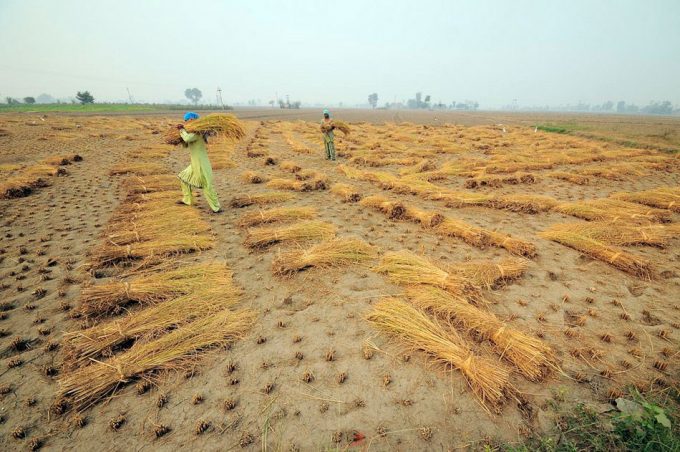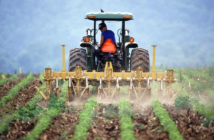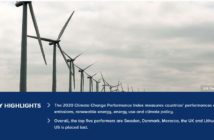Nature Asia
Lara Reid
Preventing further rises of greenhouse gas emissions could limit significant changes in global precipitation, but adaptations are needed now to ensure global food and water security.
Neil Palmer/CIAT
An investigation into possible shifts in global precipitation patterns suggests that Middle Eastern countries bordering the Mediterranean, including Morocco and Algeria, will need to adapt to a drier climate all year round, even if greenhouse gas emissions are held within the limits stipulated by the Paris Agreement.
Maisa Rojas at the Universidad de Chile, Santiago and co-workers used data from 21 climate models to generate global precipitation scenarios for four levels of potential emission concentrations. Their results indicate the areas that could be affected and the ‘time of emergence’ (TOE), which defines when the precipitation shifts might occur.
“TOE is the point in time at which you can expect your local climate to change beyond recognition; beyond natural variation boundaries,” says Rojas. “For the first time, we’ve estimated and mapped TOE for precipitation. We also investigated the impact on growing seasons and the production of four crucial crops: wheat, rice, soybean and maize.”
The results suggest certain areas have already reached their precipitation TOE threshold, and further rises in greenhouse gas emissions will fundamentally change regional precipitation rates as early as 2040. Broadly speaking, the northern latitudes, including Canada, Russia and China, alongside the tropics, will become wetter, while those countries with a Mediterranean-like climate will be drier.
“Indications are that, regardless of emission caps that might be met, countries like Morocco and Algeria might not be able to grow wheat and maize by 2040,” says Rojas. “All governments should be making contingency plans for agriculture, and we need to work together to safeguard food and water supplies.”
“Such studies provide valuable information for future planning and management, particularly for countries like those in the Middle East that already rely heavily on food imports,” says Matthew McCabe, associate director of the Water Desalination and Reuse Center at King Abdullah University of Science and Technology in Saudi Arabia. “However, it’s difficult to judge who the winners and losers will be given the inherent complexities in climate modelling, and in food and water security.”
“There are many factors to consider, not least the impact of changing flood risks, attitudes to water use, and numerous social and political issues across the globe,” says Rojas. “The psychological impact is an important consideration: many people will struggle to rapidly change the way they have farmed for generations. Sharing knowledge and agricultural technologies will become vital.”
“Some Middle Eastern countries, including Saudi Arabia, are already shifting away from water inefficient fodder crops and investing in developing stress-resilient plants and salt-tolerant crops,” notes McCabe.







